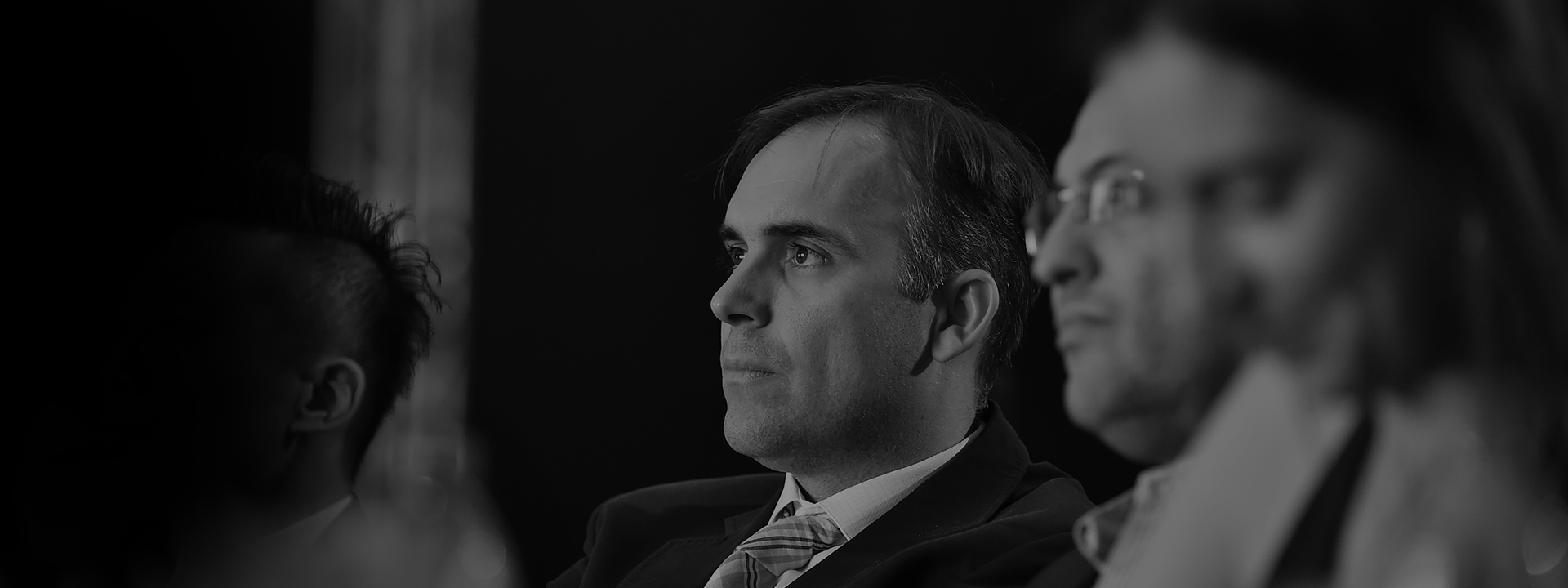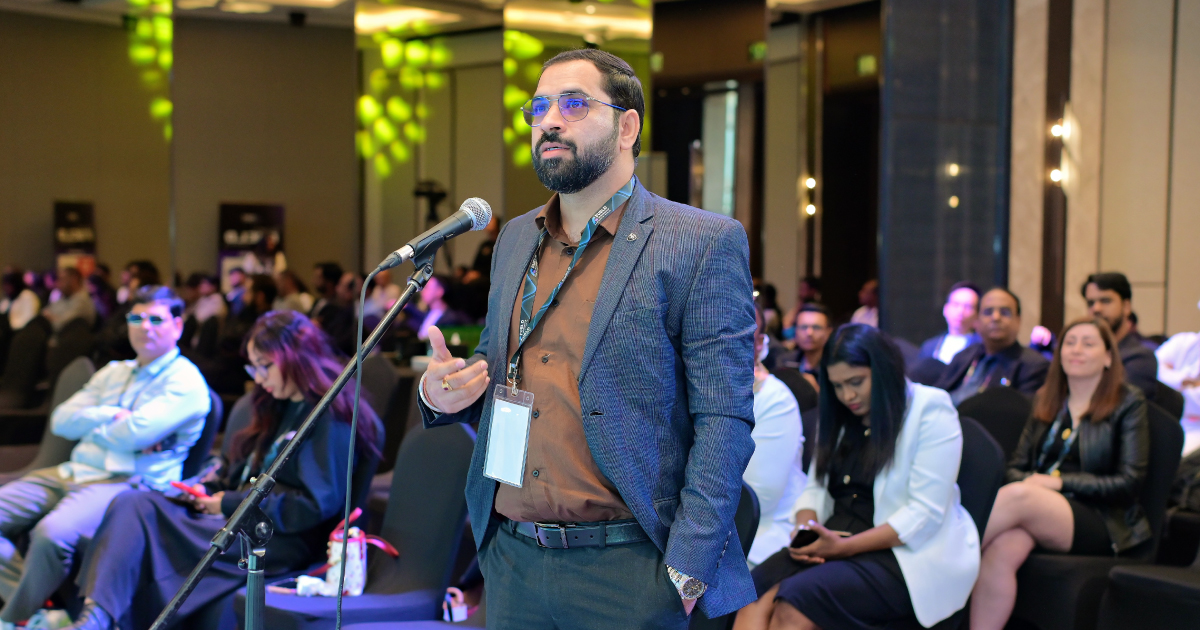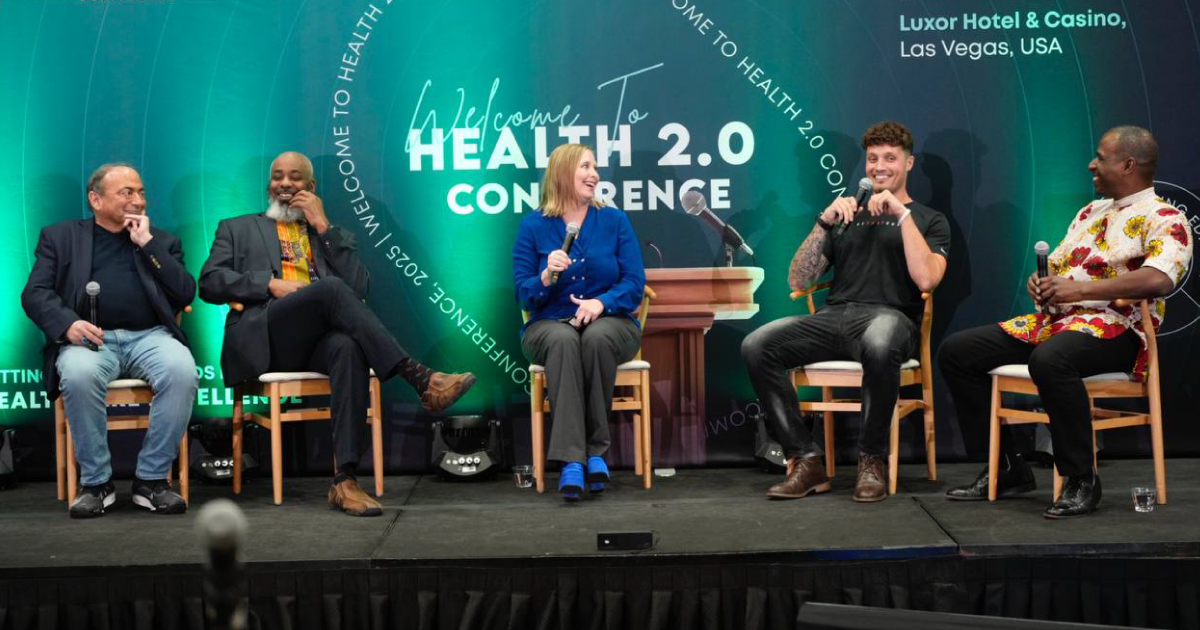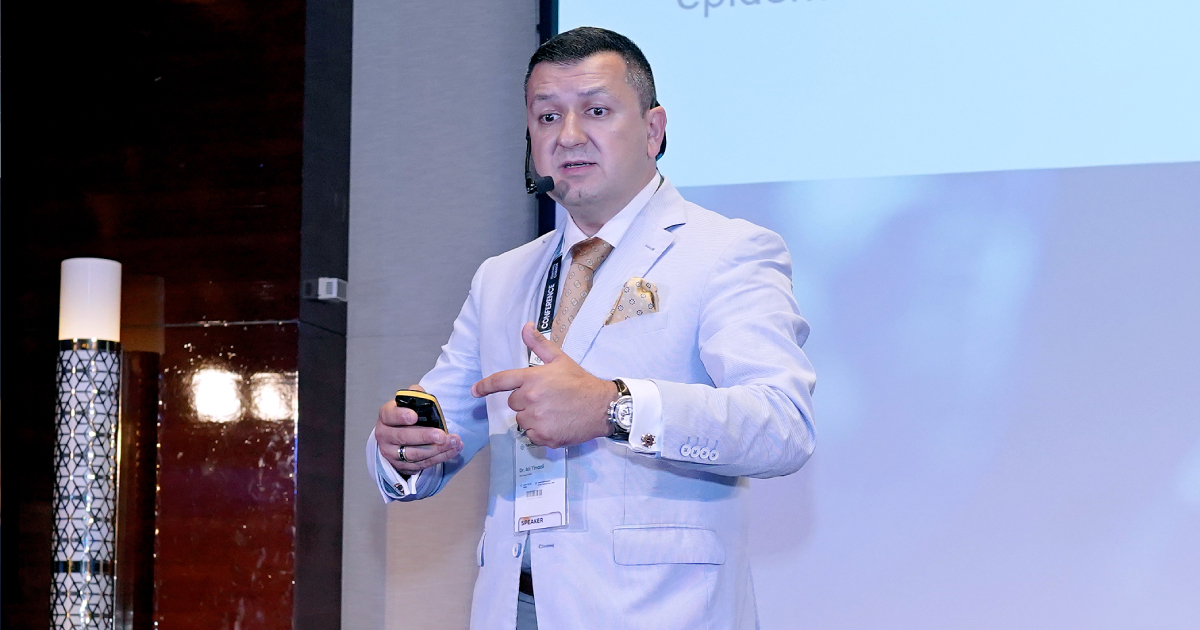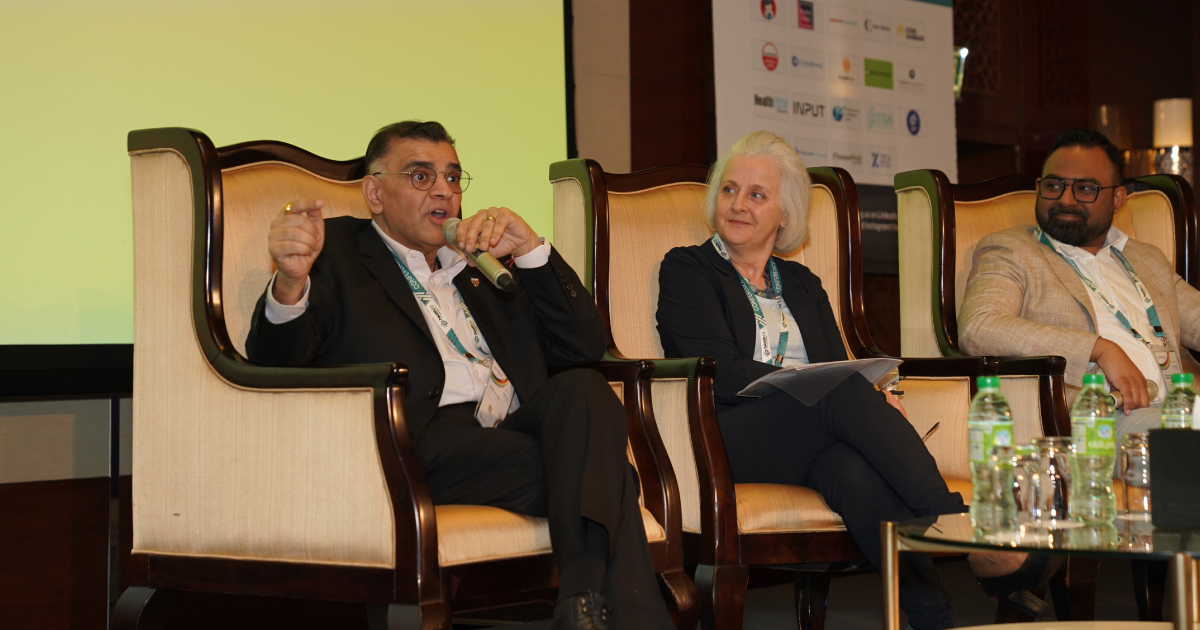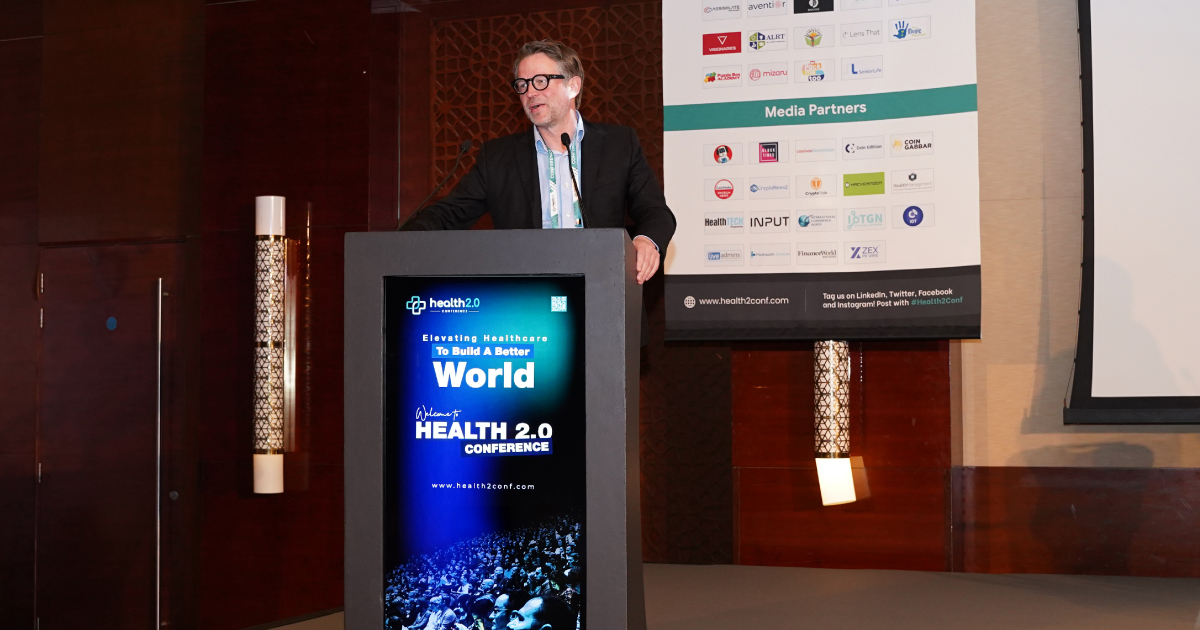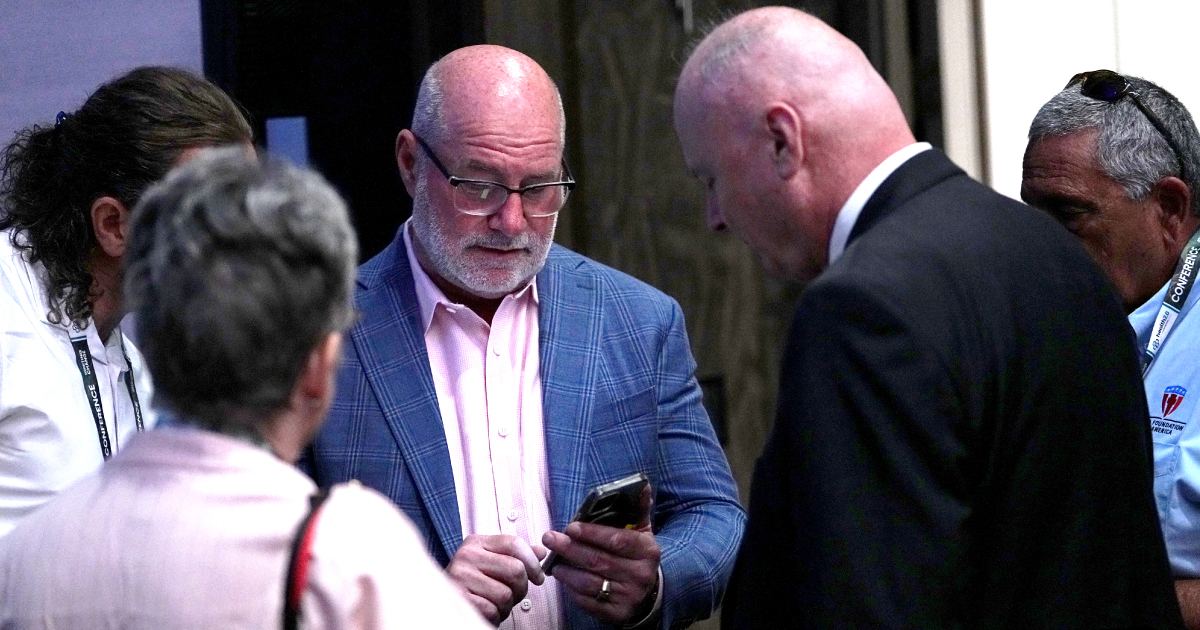Posted on : May 20, 2025
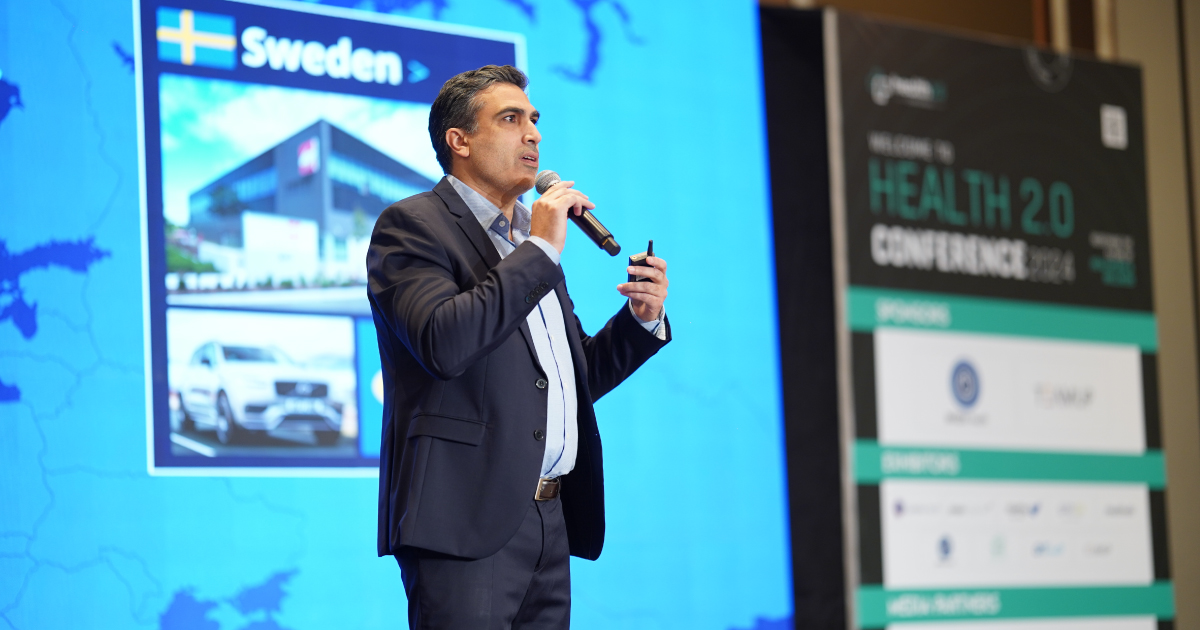
The vibrant health conference circuit promises critical insights and connections for professionals, representing a significant investment. Considering the scale, with the global healthcare fraud analytics market reaching USD 1.63 billion in 2021 and projected 24.3% growth from 2022 to 2030, the financial implications are substantial. Yet, beneath the appealing facade, a crucial question arises - are attendees truly gaining value, or inadvertently funding deceptive schemes built on hollow promises?
This blog offers actionable ways from the team at the Health 2.0 Conference for individuals and organizations to leverage conferences for growth, alongside crucial fraud awareness tips.
Stat Source: Grand View Research
Booming Healthcare Conferences & Potential Scam Offenses Around Them
The sheer volume of healthcare conferences, like others, available today creates a landscape ripe for exploitation. From intimate workshops to sprawling international gatherings, the options appear endless. Yet, discerning genuine value from superficial hype requires diligent investigation. Some organizers prioritize maximizing attendance fees over curating substantive content or facilitating meaningful interactions. While the agenda features a roster of little-known speakers, the sessions lack depth or relevance, and the networking opportunities may lead to be nothing more than crowded coffee breaks. It's a scenario where the sizzle far outweighs the steak, leaving attendees with lighter wallets and unfulfilled expectations.
How Online Tactics Fuel The Conference Scam Alert?
Unfortunately, the digital age has amplified the potential for deception. Slick websites boasting impressive but often unverifiable speaker biographies and testimonials can easily attract unsuspecting attendees. Social media campaigns showcasing carefully selected snippets of past events can create a false sense of vibrancy and impact.
Before committing your resources, a crucial step involves digging deeper than the surface-level marketing. Scrutinize speaker credentials, look for independent assessments of the conference quality, connect with past attendees, and check attendee reviews to gauge their genuine experiences. The proliferation of online platforms makes it easier than ever to uncover authentic feedback, both positive and negative.
Identifying The Healthcare Conference Scam
The promise of cutting-edge insights is a significant draw for many health conference attendees. However, some events recycle outdated information or present thinly veiled promotional pitches disguised as educational content. The "innovative" solutions showcased might lack scientific rigor or real-world applicability. Participating in such events represents a financial loss and a significant waste of valuable time that could have been invested in more productive avenues for professional development.
The Role Of Health 2.0 Conference In Addressing These Scam Offenses
Distinguishing legitimate gatherings from those designed primarily to generate revenue requires a critical eye. Consider the organizers' track record, their affiliations, and their commitment to transparency. Are the speakers recognized as thought leaders in their respective industries? Is the agenda focused on delivering actionable knowledge and promoting genuine dialogue? The Health 2.0 Conference, for instance, has built a reputation for its focus on real-world innovation and aiding attendees in avoiding fraudulent and malicious activities within the health space. Events with a clear mission beyond profit generation have more chances to deliver tangible value to attendees.
Actionable Tips For Protecting Your Budget From Conference Fraud
Safeguarding your budget against fraudulent conference schemes requires vigilance and proactive measures. By implementing a few key strategies, one can significantly reduce his risk of falling victim to fraudulent events. Prioritize thorough research and exercise caution before committing funds. Here are actionable tips to help you protect your budget from conference fraud:
- Verify the conference organizer's legitimacy: Check their history, online presence, and affiliations.
- Scrutinize website details: Look for professional design, clear contact information, and secure payment gateways.
- Be wary of unsolicited invitations: Especially those with urgent deadlines or unusually low prices.
- Confirm speaker lineups: Legitimate conferences usually have publicly announced and verifiable speakers.
- Avoid making payments through insecure or unusual methods: Credit cards often offer better fraud protection.
- Check for reviews and testimonials: Look beyond the conference website for external feedback to check the event's reputation. At the same time, as suggested by the experts of the Health 2.0 Conference, it is crucial to explore reviews from previous attendees on the event's official website.
Is That Conference Real? Health 2.0 Conference Issues Scam Warning
The healthcare industry is constantly shifting, and staying informed is paramount. However, the responsibility lies with each professional to be a discerning consumer of information and opportunities. Falling prey to a healthcare conference scam can result in financial losses and hinder professional growth. By adopting a critical approach, conducting thorough research, and prioritizing events with a proven track record of delivering genuine value, you can ensure that your investments in professional development yield meaningful returns. Remember to look for independent reviews and be wary of promises that seem too good to be true. With the rising instances of misleading scams and frauds, the Health 2.0 Conference remains committed to providing a platform for authentic learning and impactful connections.
Frequently Asked Questions
1) What are some obvious signs of a potentially fraudulent healthcare conference?
Red flags include prioritizing attendance fees over content, featuring unknown speakers, lacking depth in sessions, and offering networking that's just crowded breaks.
2) How does the internet contribute to healthcare conference scams?
Slick websites often showcase unverifiable speaker bios and potentially fabricated testimonials, crafting an illusion of credibility. This polished presentation can misrepresent an event's actual value, leading attendees to form unrealistic expectations.
3) What's the financial risk of attending a scam healthcare conference?
Beyond the registration fee, attendees waste valuable time and miss opportunities for genuine professional development.
4) What is the Health 2.0 Conference's stance on healthcare conference fraud?
The Health 2.0 Conference positions itself as a legitimate platform focused on real-world innovation and aims to help attendees avoid fraudulent and malicious activities in the health space.
5) What action does the Health 2.0 Conference encourage readers to take regarding potential conference scam offenses?
The experts from the event encourage readers to be critical, do their due diligence, and look for objective assessments before committing to any conference.

